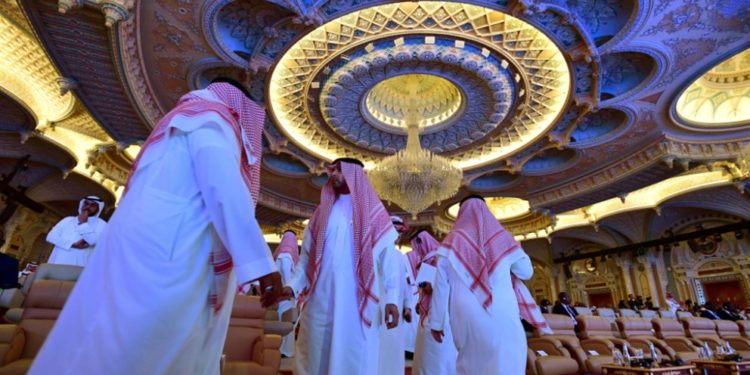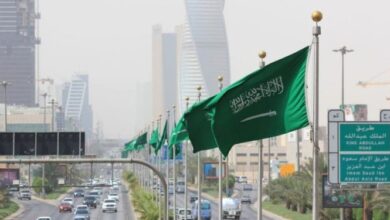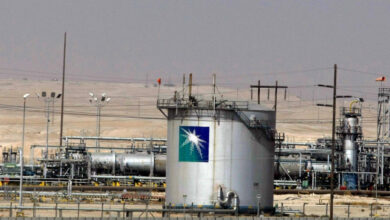Housing crisis worsened amid Saudi regime failure

While the rulers and princes of Saud House are blessed with palaces, the housing crisis in the kingdom worsens so that the ownership of hundreds of thousands of citizens remains diff1icult to reach amid a government in minimizing the crisis.
The housing crisis is provoking popular discontent in a country where even low-priced housing is still too expensive for many, a major challenge for Crown Prince Mohammed bin Salman, who is restoring an oil-dependent economy.
The kingdom, which had not taxed its citizens until a few years ago, provided interest-free home loans for decades.
But it is now pushing to boost lending, a change in policy, as it moves from a welfare phase to a period of coexistence with low oil prices.
For many citizens, this delayed the dream of building their own houses on the outskirts of the city without being met with the attention of the princes of the House of Saud.
Nearly a decade after their names were put on a waiting list for an interest-free loan from the Real Estate Development Fund, a government institution, citizens find themselves turned into a commercial bank for a loan of insufficient value for construction.
Founded in 1974, it is affiliated to the Ministry of Housing. The fund is currently covering part of the interest charged on citizens’ loans, paying 1,000 riyals per month out of 4,000 monthly installments.
Citizens say this makes them suffer to repay loans from their monthly salaries. The credit system “destroys the middle class and suffocates it”.
Citizens demand a return to interest-free loans.
According to official statistics, there are about 500,000 people on the waiting list for a loan without interest.
“The key to tackling the Saudi housing crisis is not just to build additional houses, but to stimulate private funding and cut dependence on government support,” says Najah Al-Otaibi, an analyst at the London-based Arabian Peninsula Institute.
“This, of course, carries the risk of causing public discontent.”
The issue highlights the challenge the PA faces in seeking to separate citizens from government generosity, with the budget deficit expected to reach $ 35 billion in 2019, or 4.2 percent of GDP.
“Saudi Arabia has two sources of tension,” says Karen Young, an analyst at the American Enterprise Institute.
“The second (concern) is the expansion of financial services to increase credit products, with the hope that this will stimulate consumer growth.”
In the world’s largest oil exporter, mortgages remain among the lowest in the G20, according to Arab News.
Riyadh says it is seeking a partnership with the private sector to save billions of dollars to build some 1.5 million homes at low cost in the coming years.
The policy of increasing home ownership is one of the pillars of the Vision 2030 economic reform plan put forward by Prince Mohammed bin Salman.
In 2017, home ownership was about 50 per cent of the 20.7 million Saudis, hoping to reach 70 per cent of citizens in 2030.
The kingdom is also working to reduce the cost of building a home by 2020, to nearly five times the annual income, up from 10 times in 2015.
The average salary is now 14,820 riyals ($ 3,950), according to the General Statistics Authority.
The Ministry of Housing, which has launched several projects to alleviate the crisis, says it is seeking to increase total loans to 502 billion riyals ($ 134 billion) by 2020, from 290 billion riyals ($ 77 billion) in 2017.
But some Saudis are unhappy with state spending on major projects such as the $ 500 billion Neum area in the northwest of the kingdom, while many citizens are unable to buy homes.
Some social media users circulated the phrase “Where the 250 billion riyals,” which refers to $ 67 billion was announced by the late Saudi King Abdullah bin Abdul Aziz in 2011 for the Ministry of Housing, in what appeared to be an attempt to deal with popular discontent while the demonstrations Taking place in other countries in the midst of the Arab Spring period.





